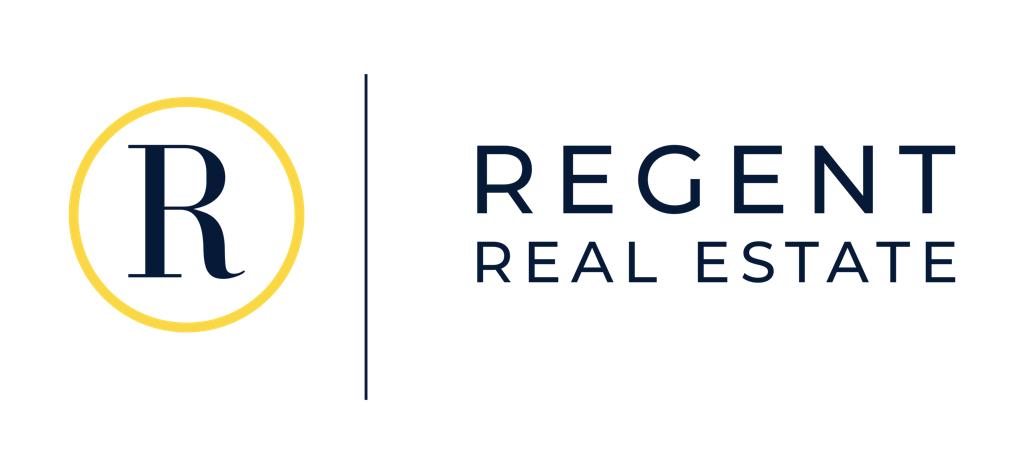Trends from 2020
1. Evacuation Of Expatriates & Foreigners:
Foreigners & Expatriates contribute a significant percentage to the tenant pool of luxury residential properties. Amid the COVID-19 pandemic, a number of countries organized the evacuation of their citizens from visiting countries. This contributed to the shrinking of the foreign tenant pool in Nigeria, thereby contracting the demand for luxury residential real estate in the country. Notably, the United States, United Kingdom, Canadian and French citizens.
2. Delay In Construction Of Luxury Properties:
We saw only a few luxury residential properties actively under construction in 2020. This was largely due to the government imposed lockdowns and the increase in construction costs. A number of property developers had to revise their construction budget owing to the increase in production costs and the volatility of the naira. Case in point: a 50kg bag of Dangote Cement which has seen a 36% increase in price from ₦2,570 in December 2020 to ₦3,500 in January 2021. The parallel market rate also increased by 38% over the course of 2020 from ₦360/$ in January to ₦495/$ in December.

3. More attention to less-sophisticated residential apartments:
In 2020, customers focused more on necessities for survival as opposed to luxury. This drove investors to secure their wealth with standard 1-bed and 2-bed residential apartments with less-sophisticated building specifications particularly those along the Lekki-Epe Expressway. Some developers had to be flexible in construction to capture this demand by getting creative with their architectural designs even while construction was ongoing. Apartments that were initially planned to be 3-bedrooms had to be changed to 2-bedrooms to fit into the off-plan demand. We also saw some investors executing Joint Venture agreements on land acquisitions.
What Should We Expect in 2021?
1. Demand for “Live-Work-Play” Experiences:
The COVID-19 pandemic has influenced the way we live, work, and play. Customer needs are becoming more sophisticated as we spend more time indoors and make more health-driven lifestyle choices. For luxury residential projects in the pipeline, we expect developers to get creative and introduce lifestyle products that would drive more cohesive living experiences for potential tenants. For example, there’s been a shift to remote work and customers need a well-designed room with modern work appliances to serve as a home office. Introducing a study room might not seem compulsory but it would undoubtedly provide an edge over other similar properties and it might just be the determining factor for the customer. Other desirable features by clients include, gated estates, gyms and kids’ play area.

2. Increased demand from the Diaspora:
The fall in crude oil prices, surging inflation coupled with the resulting depleted foreign reserves have contributed to the fall in the value of the naira. This unfortunate macro-economic situation provided a swell time for dollar-holders which includes Nigerians in the diaspora. Moving forward, it’ll be critical for Nigerian real estate developers to position themselves to win the diasporan market over. Developers would need to breed trust in this market by establishing a liaison office in key cities abroad or organizing roadshows in major diasporan hotspots. We expect to see increased demand from Nigerians in the diaspora this year as they seek to purchase properties to live in or earn rental income.
3. Hidden Market Transactions:
Most recently, Nigerians have been very welcoming to the idea of relocating to advanced countries and we have received quite a number of inquiries from property owners looking to sell before relocating. In most cases, they are happy to sell below market value to buyers who are keen on getting transactions expedited. We expect to see more of these “low-key” transactions occur in 2021.
To speak to a member of the team about real estate trends and strategies you can adopt in building your real estate portfolio, please click here or send an email to regent@regentre.co.You can also call us on +234 812 920 4382 or +44 (0) 20 8194 3373.


